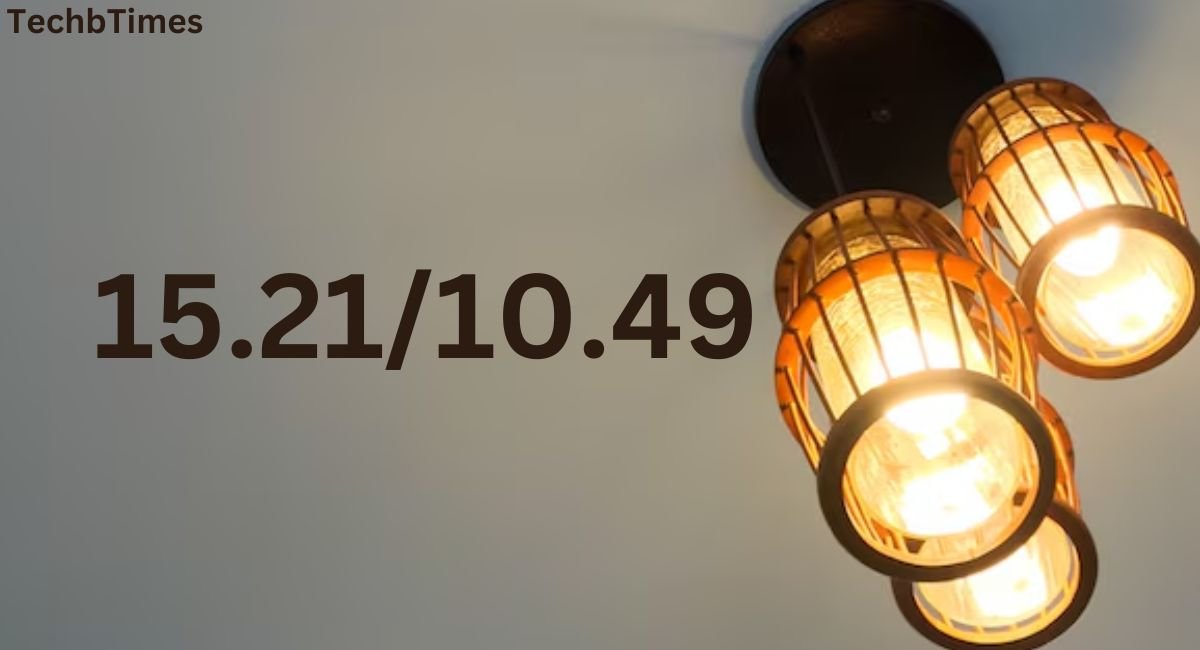Fractions and ratios like 15.21/10.49 often appear in mathematics, science, and everyday calculations. Understanding how to interpret and simplify them is a crucial skill. This article will break down the fraction 15.21/10.49, explain its significance, and demonstrate practical applications.
What Does 15.21/10.49 Represent?
At its core, 15.21/10.49 is a mathematical expression representing a ratio or division problem. It can signify:
- A proportion between two quantities.
- A fraction to be simplified or converted into a decimal.
- A representation of real-world scenarios like measurements, probabilities, or comparisons.
Simplifying 15.21/10.49
To simplify 15.21/10.49, follow these steps:
1. Express the Fraction as Division
The fraction can be rewritten as a division problem:
15.21÷10.4915.21 \div 10.49
2. Perform the Division
Using a calculator or long division:
15.21÷10.49=1.4515.21 \div 10.49 = 1.45
Thus, 15.21/10.49 simplifies to 1.45.
3. Represent as a Mixed Number (If Applicable)
Since the result is a decimal, you can leave it as 1.45 or convert it to a fraction if necessary:
1.45=1+45100=1+9201.45 = 1 + \frac{45}{100} = 1 + \frac{9}{20}
Converting 15.21/10.49 to a Decimal
If you need the decimal form, the division step already provides the answer:
15.21/10.49=1.4515.21/10.49 = 1.45
This decimal can be used directly in calculations or rounded further, depending on the context.
Applications of 15.21/10.49
Fractions like 15.21/10.49 have various real-world applications:
1. Ratios in Measurements
In construction or design, ratios like 15.21/10.49 might represent dimensions or scaling factors.
2. Financial Calculations
Fractions can indicate rates, such as interest or profit margins. For example, a return ratio of 15.21/10.49 means a 1.45x return on investment.
3. Scientific Data
In experiments, fractions are used to compare quantities, such as concentration levels or reaction rates.
4. Probability and Statistics
Ratios like 15.21/10.49 can express odds, probabilities, or frequency comparisons.
Steps to Solve Problems Involving 15.21/10.49
1. Identify the Context
Determine whether the fraction represents a ratio, proportion, or division problem.
2. Simplify the Fraction
Simplify 15.21/10.49 to its decimal or fraction form for easier calculations.
3. Apply the Result
Use the simplified value in your calculations, ensuring accuracy for the specific application.
FAQs
What is the decimal form of 15.21/10.49?
The decimal form of 15.21/10.49 is 1.45.
Can 15.21/10.49 be simplified further?
No, when simplified, it equals 1.45, which is already in its simplest form.
How is 15.21/10.49 used in real life?
It can represent ratios, measurements, financial rates, or probabilities, depending on the context.
What type of fraction is 15.21/10.49?
It’s a proper fraction because the numerator (15.21) is greater than the denominator (10.49).
How do I convert 15.21/10.49 to a percentage?
Multiply the decimal form (1.45) by 100:
1.45×100=145%1.45 \times 100 = 145\%
What tools can I use to simplify 15.21/10.49?
You can use a calculator, online fraction simplifiers, or manual division techniques.
Conclusion
Understanding and simplifying fractions like 15.21/10.49 is a fundamental skill for both academic and practical applications. By converting it into its decimal or simplified form, you can use it effectively in various scenarios, from financial planning to scientific analysis. Mastering these techniques ensures accuracy and confidence in your calculations.











